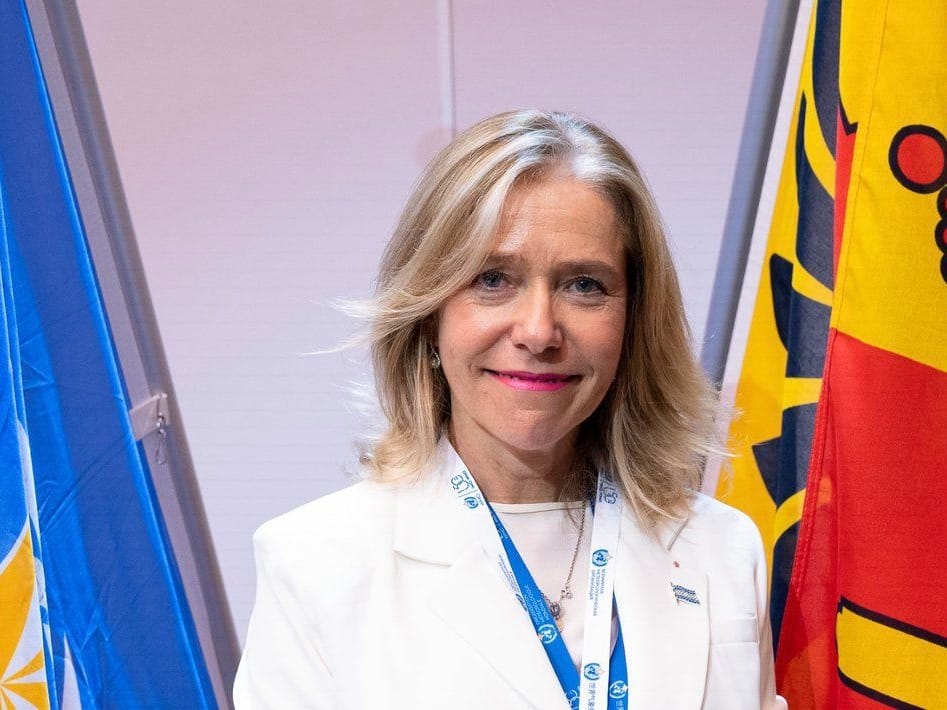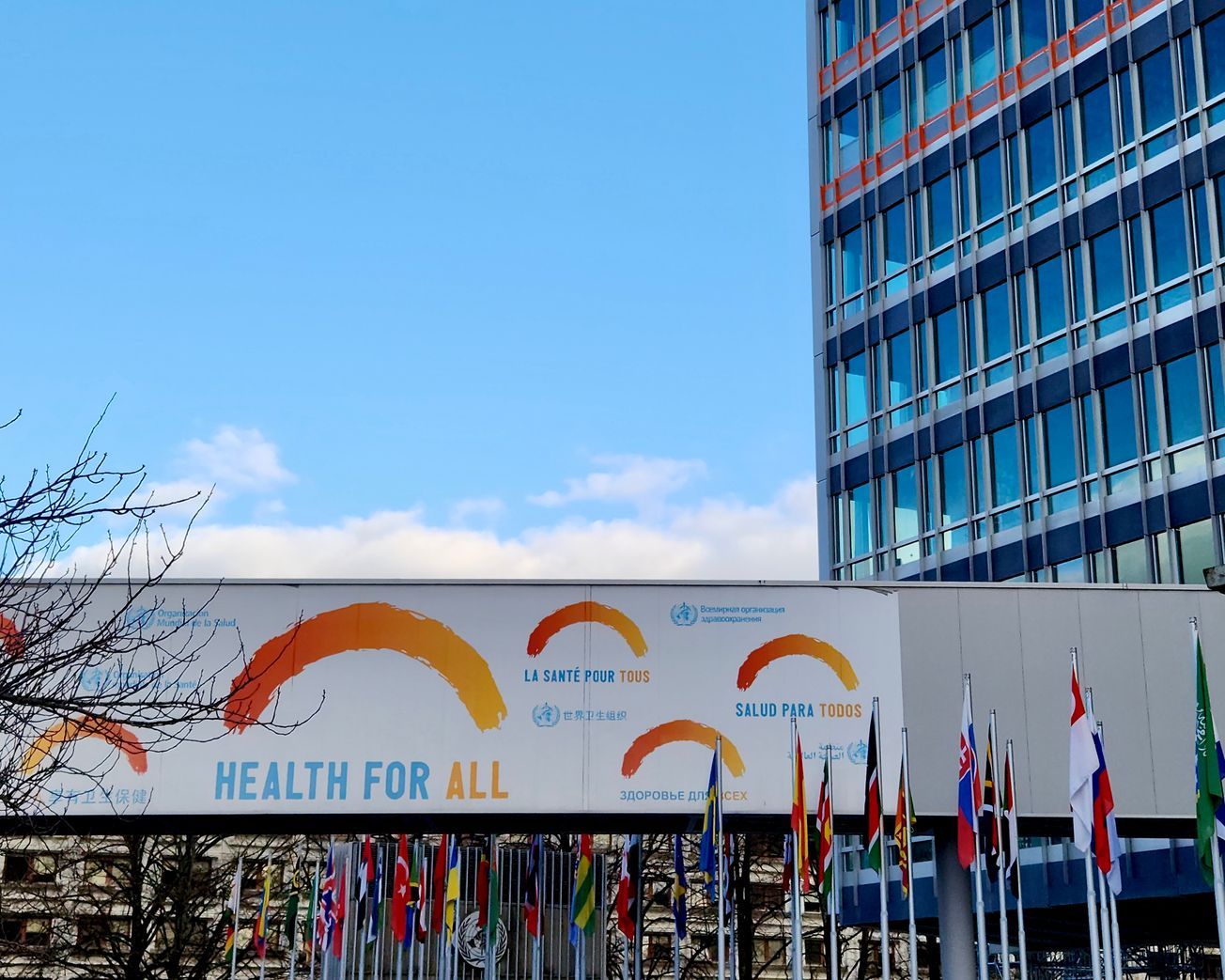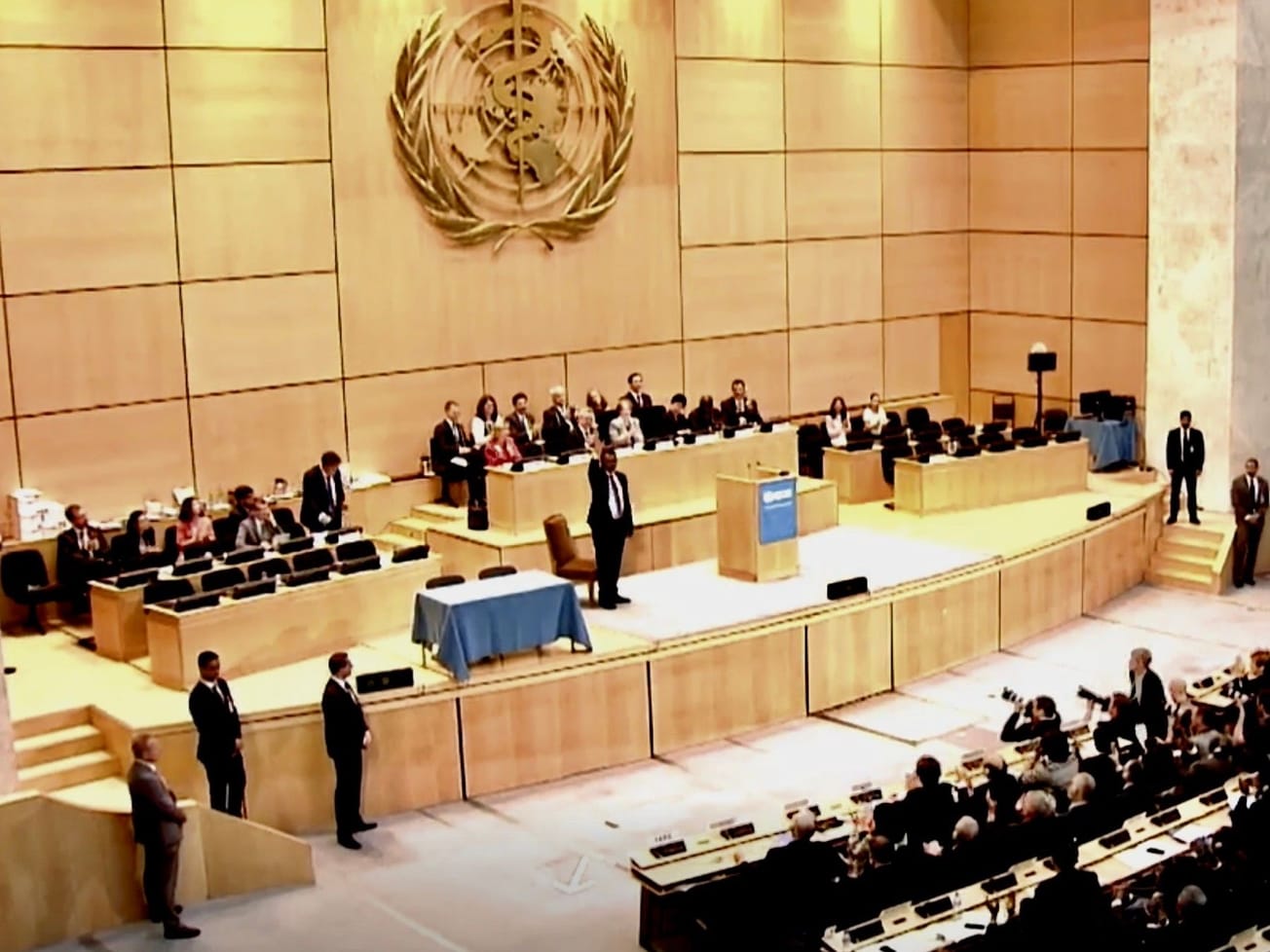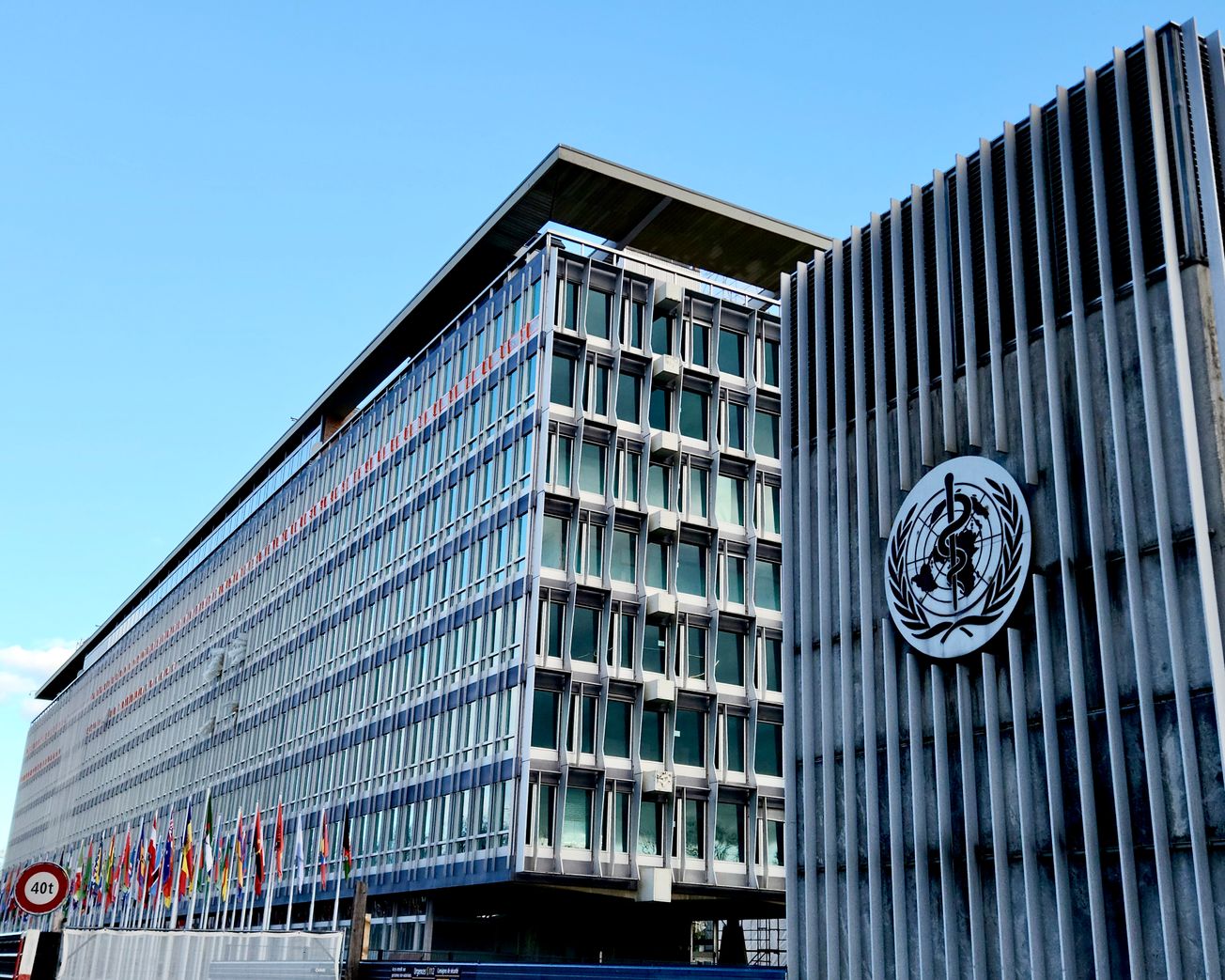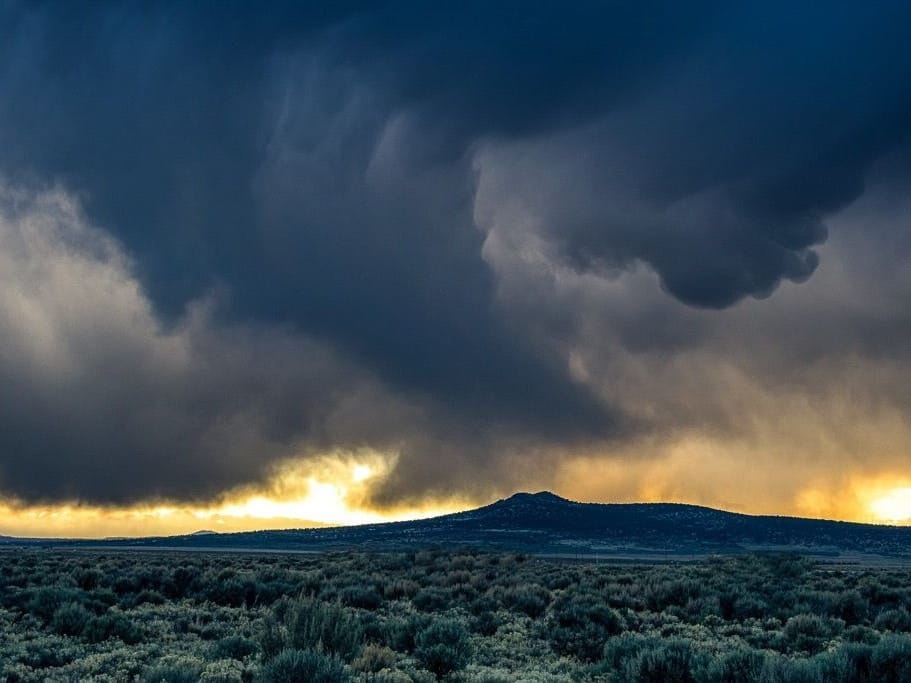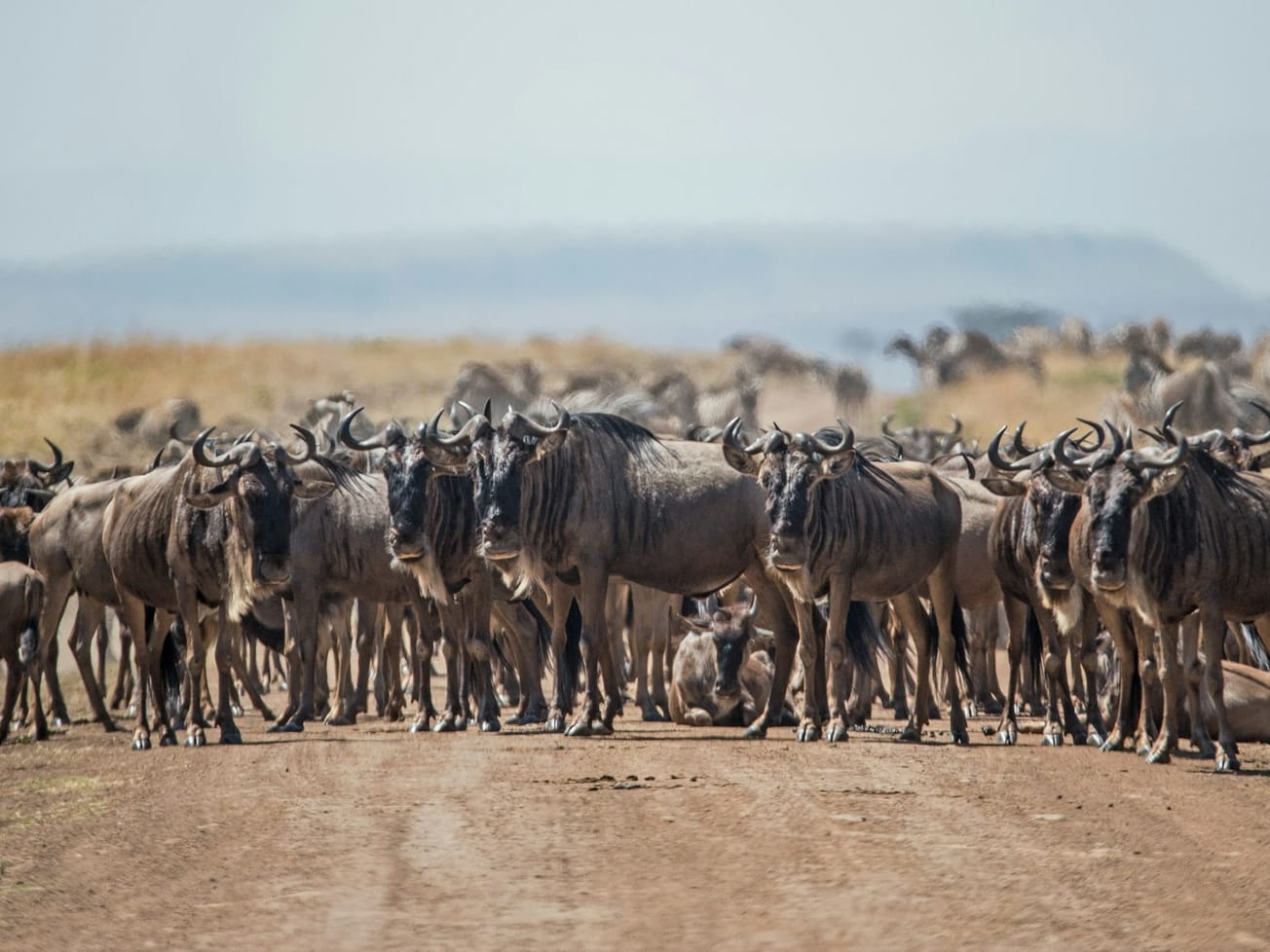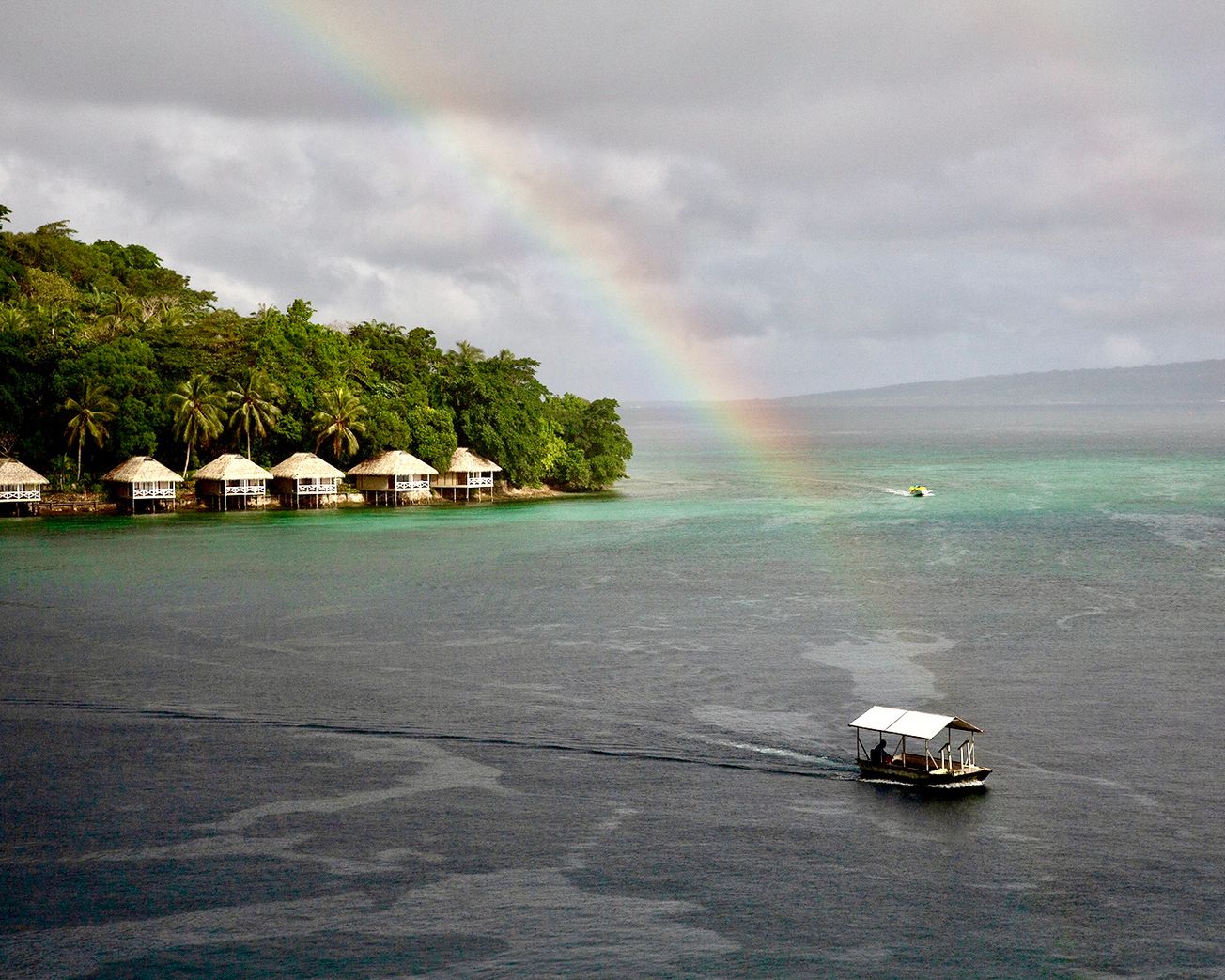
Net zero targets on rise to achieve U.N. goals, but won't get the job done
Some 1,475 out of 4,000+ governments and businesses had net zero emissions targets, but "integrity" measures are lacking.
Our coverage of the growing convergence of climate and global health issues, including the latest news on the science, politics and economics that are behind it.

Already have an account? Log in
Some 1,475 out of 4,000+ governments and businesses had net zero emissions targets, but "integrity" measures are lacking.
Saulo, who has led Argentina's National Meteorological Service since 2014, is the first woman elected as WMO's chief.
The 76th World Health Assembly ended after moving to strengthen its budget and broaden access to health care.
The COVID-19 pandemic brought into sharp focus many of the world's glaring inequalities between rich and poorer nations.
Heavy rains and warmer temperatures make it easier for the bacteria that causes cholera to spread, posing a major setback for global efforts to eradicate the disease.
The annual average near-surface global temperature between 2023 and 2027 will likely be more than 1.5° Celsius above pre-industrial levels for at least one year.
More than 4.5 million pregnant women and babies die each year during pregnancy, childbirth or the first few weeks of life.
Though the emergency phase is over, the World Health Organization's pandemic designation still holds.
WMO says the warming effect on global temperatures usually plays out in the year after an El Niño event develops.
Low rainfall and high evaporation rates 'would not have led to drought at all in a 1.2° C. cooler world,' scientists concluded.
Droughts, floods and heatwaves drove food insecurity and mass migration as communities on every continent were hit by massive costs, the World Meteorological Organization said.
Public perception of the importance of vaccines for children fell during the pandemic in 52 of 55 countries studied.
As WHO celebrated its 75th anniversary – commemorating World Health Day and the day its constitution took effect – the COVID-19 pandemic's lessons were inescapable.
The Middle East and North Africa are particularly vulnerable to climate change, but many health impacts are unknown.
The European Court of Human Rights heard two climate cases brought by citizens against Swiss and French authorities.
The ICJ is being asked for a legal opinion on nations' legal obligations to fight global warming – and the consequences if they don't.
